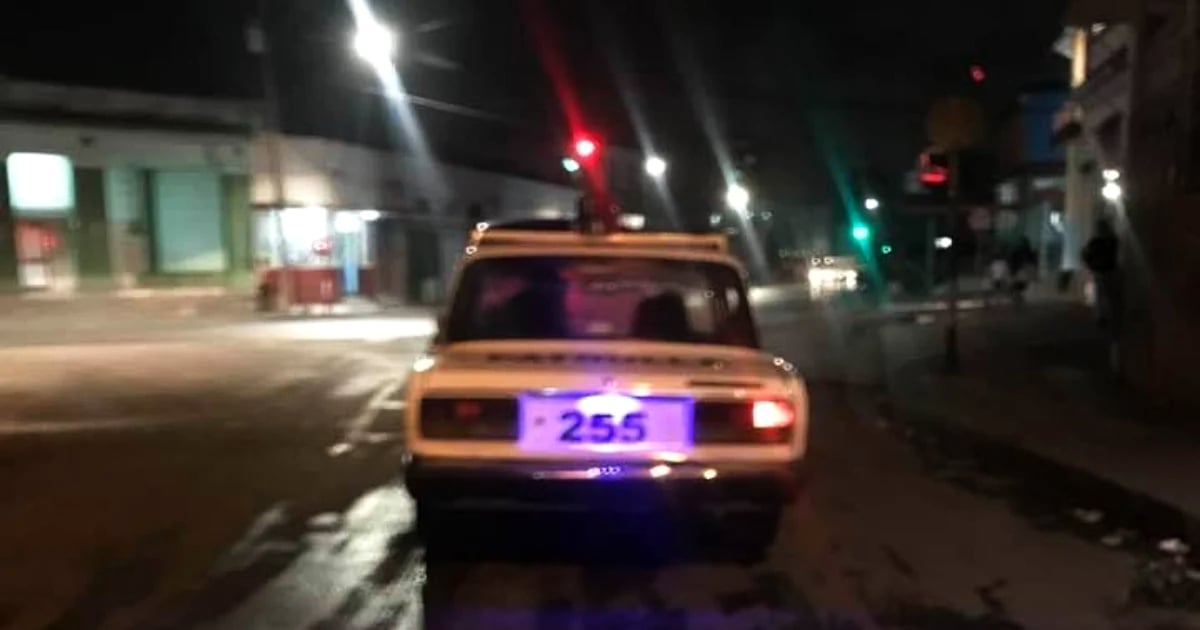The Cuban regime has once again failed to deliver on its promises of a summer without power outages or with minimal disruptions. Despite widespread frustration among the population with the Unión Eléctrica (UNE), there has been no significant wave of protests on the island. During July and August, power cuts were almost a daily occurrence, often lasting for extended periods or happening multiple times a day, yet only a minor protest was heard at the end of August in Havana.
"What happened to the CIA's strategy to 'heat up' the streets during the summer?" many are wondering, recalling the alarming revelation made by the Ministry of the Interior (MININT) in mid-April. The ministry had claimed that the U.S. government had a plan to incite public disorder during the summer months.
Using the social network X, the regime's repressive apparatus stated, "The United States launches new attempts to 'heat up' the streets during the summer, taking advantage of the complex situation the country is experiencing, according to the latest interests of their intelligence agencies to generate attacks against Cuba, in what they call Operation 11.7.24."
However, the summer passed with many Cubans feeling a mix of indignation and resignation, but without protests or demonstrations in the streets. Washington's "objective of generating sabotage and reinforcing the destabilizing communication offensive" was not realized, according to MININT, which claimed that the U.S. had even tripled its budget for this effort. The regime's strategy prevailed, and MININT's "warning" served as a reminder to citizens of the costs of protesting in Cuba.
From January to June, the regime justified the power outages by citing the need for repairs and maintenance at the country's thermoelectric plants to avoid or minimize blackouts during the hottest months. But July and August were agonizing for the state company's customers.
This Monday marks the start of a new school year in Cuba, and the regime warns that "an availability of 2,600 MW and a maximum demand of 2,950 MW is estimated, resulting in a deficit of 350 MW. If the current conditions persist, a disruption of 420 MW is predicted during this period."
Furthermore, "the unit 6 of the CTE Mariel, unit 4 of the CTE Carlos M. de Céspedes, unit 2 of the CTE Felton, and units 3 and 5 of the CTE Rente are out of service due to malfunction."
It's the same old story. As the final third of 2024 begins, power outages in Cuba have become a core component of the regime's rationing strategy. There may be no oil and coffee in September, but there are certainly power cuts.
The "strategy" of the ruler Miguel Díaz-Canel has failed, but his government has conveyed to all UNE employees "the recognition of the country's top leadership and the trust that the people have placed in them."
The "prediction" of MININT also failed, but the regime congratulates itself, knowing that "state terrorism" remains the only lever that the regime does not disconnect, and that widespread induced fear is the only formula left for it to perpetuate its power.
Understanding Cuba's Current Power Outages and U.S. Involvement
For readers looking to understand the ongoing power outages in Cuba and the alleged involvement of U.S. intelligence, here are some frequently asked questions and their answers.
Why is Cuba experiencing frequent power outages?
The Cuban regime has cited the need for repairs and maintenance at thermoelectric plants as the reason for frequent power outages. However, the situation has not improved, leading to widespread frustration among the population.
What was the alleged CIA strategy to incite protests in Cuba?
According to Cuba's Ministry of the Interior, the CIA had a plan named Operation 11.7.24 to incite public disorder during the summer by taking advantage of the country's complex situation.
Did the alleged CIA strategy succeed?
No, the summer passed without significant protests or demonstrations in the streets, despite widespread indignation and frustration among the Cuban population.
